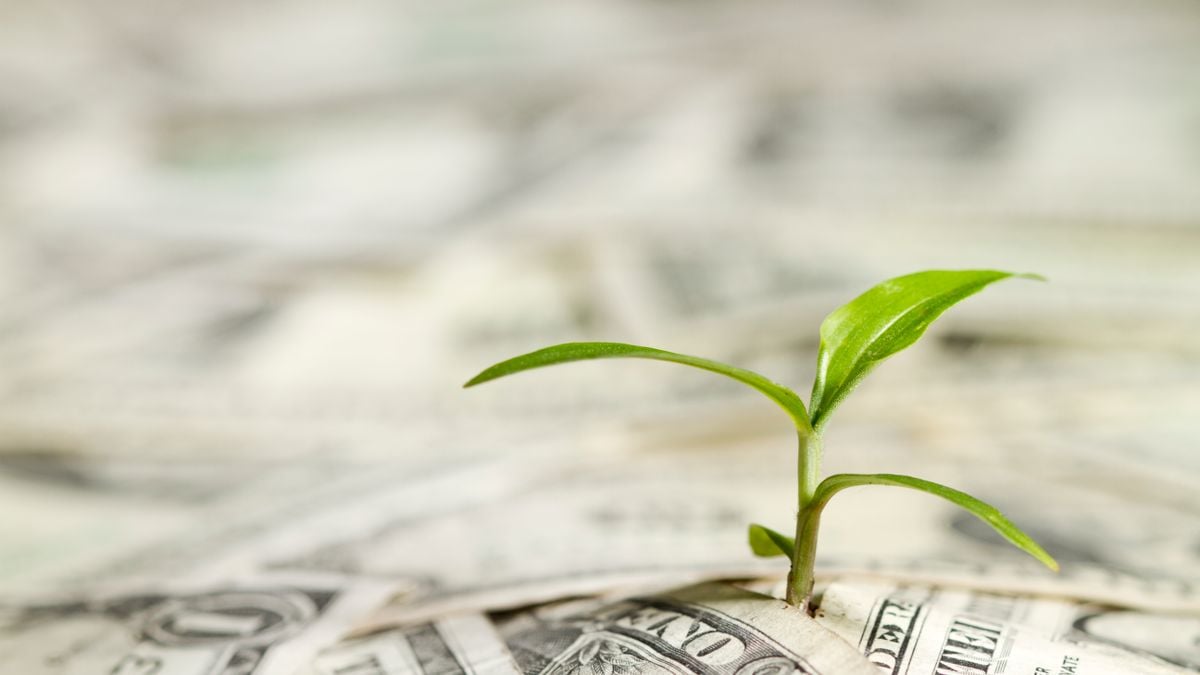-
Companies such as Microsoft and Walmart could gain billions dollars in value by more effectively promoting their devotion to sustainability to consumers and investors, Brand Finance found in a study.
-
“Even for individual businesses, there can be billions of dollars of financial value to be gained from enhanced actions and associated communication” on environmental, social and governance practices, according to Robert Haigh, strategy and sustainability director at Brand Finance.
-
“Equally there can be billions at risk from insufficient action that leads to accusations of greenwashing, or even mis-allocated or excessive investment in sustainability greenwashing that doesn’t cut through,” Haigh said in a report. Brand Finance, a London-based brand consultant, analyzed the perceptions of more than 150,000 consumers in 36 countries toward sustainability at 4,000 companies.
Dive Insight:
Investors for several years have rewarded companies that embrace ESG principles. During the first quarter of 2023, funds that focus on sustainable investing, although “battered by high inflation, rising interest rates, and recession fears,” gained nearly $29 billion of net new money worldwide, according to Morningstar.
Under increasing scrutiny for their ESG practices, several companies — including Tesla, Aramco, and Lamborghini — risk losing hundreds of millions of dollars in value by not increasing their sustainability performance to match the perceptions of consumers, Brand Finance said.
“There are many brands where value is indeed at imminent risk,” Brand Finance said. When public perceptions of companies’ sustainability exceeds performance, “brands leave themselves open to public backlash and a ‘correction’ of their sustainability perceptions value.”
For example, Tesla, a leader in electric vehicles and battery technology, has generated a sustainability perceptions value of $17.8 billion, according to Brand Finance.
Yet the company’s comparatively low performance on governance and measures of social sustainability put $4.1 billion of that value at risk, or more than any other brand in the study, Brand Finance said. It noted that Standard & Poor’s last year removed Tesla from its ESG Index because of concerns over labor relations.
In contrast, the sustainability performance at Microsoft exceeds its sustainability perception among consumers, leaving it with $1.5 billion in brand value that it could tap through “enhanced communication of its sustainability initiatives and services,” Brand Finance said.
Similarly, Walmart has achieved a high sustainability rating by promoting ESG practices across its supply chain, committing to powering all of its facilities by renewable energy by 2035 and “zeroing out” carbon emissions for its vehicles by 2040, according to Brand Finance.
“Like Microsoft, while Walmart’s sustainability performance is relatively strong, its sustainability perception lags significantly behind,” leaving a “value gap” of $1.1 billion, Brand Finance said.
Brand Finance determined a positive or negative “value gap” by comparing how consumers perceive a company’s sustainability to the company’s sustainability performance as measured by CSRHub.
CSRHub generates a company’s “consensus ESG rating” by compiling 13,000 sets of data from more than 850 sources.
The Brand Finance study is intended as “a useful first step in understanding the financial significance of sustainability perceptions to your business, including the value that you may stand to lose!” Haigh said.

